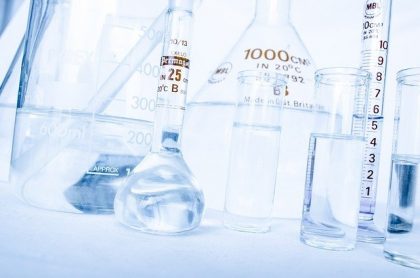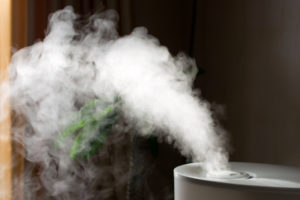Are Humidity Levels Making your Employees Sick?
The Office of National Statistics (ONS) reveals that American workers lost an average of 4.4 workdays in 2018. That was an increase of 7% over the previous year. And of course, that was before the COVID-19 pandemic became a reality.
It’s now more important than ever to protect your workforce. But keeping your employees well requires more than just washing hands, cleaning, and disinfecting surfaces. The humidity levels inside your facility will play a role in how healthy people are as well. What is the connection between humidity and infectious diseases? Here’s what you need to know.

Results of Scientific Studies
Dr. Stephanie Taylor is a pediatric oncologist and graduate of Harvard Medical School. She has also performed significant research on cellular growth mechanisms. Early in her practice, Dr. Taylor became concerned when several of her patients developed new infections while being treated in the hospital.
Determined to discover why, Dr. Taylor began working on her Master’s degree in architecture. She wanted to know if the design of a hospital had any bearing on the spread of disease. While pursuing her degree, she and her colleagues carefully studied more than 370 patients, looking for a connection between the hospital environment and patient health. What they discovered was that dry air significantly increased infection rates.
It seems that dry air allows bacteria and viruses to travel farther and remain active for longer periods of time. At the same time, it also suppresses our immune system, thereby making it more difficult to fight off disease.
Today, it is a well-established fact that low humidity increases the spread of infectious diseases. But while hospitals and medical clinics know this, many members of the general public do not. Accordingly, many business owners are unaware that they actually have precautionary tools at their disposal.

Humidity and New Jersey Climate
Here in New Jersey, our relatively cool climate means we don’t have a lot of humidity to worry about. While that makes our summers rather pleasant, it does mean that business owners must be especially concerned with indoor air quality.
The ideal humidity level is somewhere between 40% and 60%. This is just high enough to avoid the problems caused by dry air, yet still low enough to prevent mold and mildew. When your humidity levels fall within this range, your workers will feel more comfortable, as well.
Humidity Control and Air Quality Solutions
Room humidifiers (or dehumidifiers) can only control humidity levels in a very small area. They must also be filled and/or emptied on a regular basis. This makes them impractical for most commercial entities.
A better option is a humidifying system that continuously monitors your humidity levels and adds water automatically as needed. This type of system ensures a consistent level throughout your facility, yet requires very little attention. It’s an easy, effective way to maintain the ideal humidity levels year round.
Commercial Humidity Solutions in Southern New Jersey
Do you know where your humidity levels are at? Most importantly, do you have a plan for controlling them? If not, it’s time to call South Jersey Heating and Cooling. We offer practical solutions that will help keep you and your employees safe. Please contact us to schedule your consultation.









